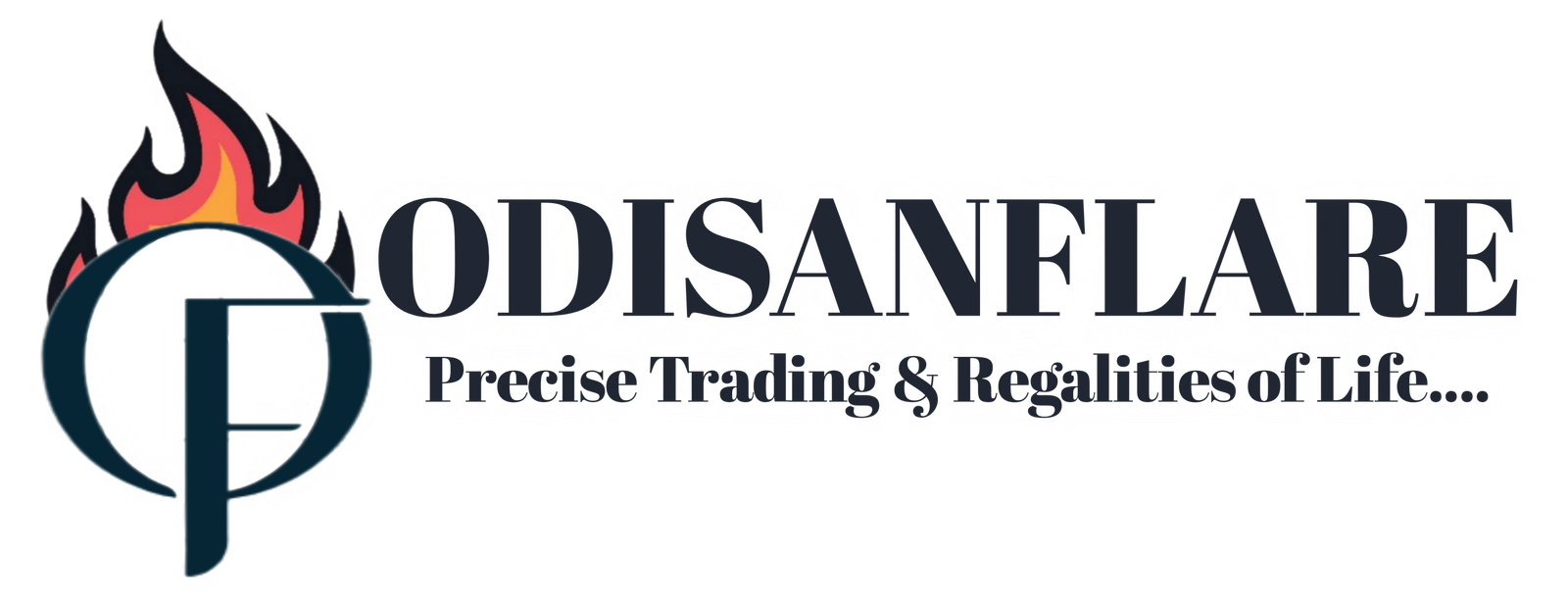Overcoming Doubt and Fear in Your Faith
- Posted on 06 August, 1993
- Life's Talk
- By Somto Daniel

Faith is like walking on a tightrope, a delicate balance between belief and doubt, trust and fear. One minute you're confidently striding forward, feeling like you could conquer mountains, and the next, you're staring down at the chasm below, wondering if you should have taken the bridge instead. Let's face it, faith isn't always an easy journey; it’s more like a roller coaster with unexpected twists and turns.
But guess what? That's perfectly okay! Everyone, at some point, faces doubt and fear in their faith. Yes, even the saints had their moments of "Is this really the plan, God?" So, let's dive in and explore how to navigate through those stormy waters of doubt and fear while keeping our faith afloat — and maybe even enjoying the ride!
Understanding Doubt and Fear: The Uninvited Guests
Doubt and fear are like those two uninvited guests who show up at your faith party, drink all the punch, and then criticize your playlist. They can sneak in quietly or burst through the door with a bang. Doubt often whispers in our ear, "Are you sure about this?" while fear screams, "What if everything goes wrong?" It's easy to think that doubt and fear are enemies of faith, but what if they were actually just misunderstood friends?
Doubt is not the opposite of faith; it is one element of faith.
Doubt and fear are not necessarily signs of a lack of faith; they can actually be signs that you are thinking deeply, questioning, and growing. Think of doubt as a workout for your spiritual muscles. When you lift weights, your muscles experience resistance, and that’s what makes them stronger. Likewise, facing doubts and fears strengthens your faith. So, embrace the resistance!
Why Do We Experience Doubt and Fear?
There are many reasons why doubt and fear creep into our spiritual lives. Maybe you've gone through a tough time — a loss, a failure, or just one too many Mondays. Maybe you've been praying for something, and the answer hasn’t come, or it came in a way you didn’t expect. Or maybe, like most of us, you’re simply human.
Doubt can come from a place of intellectual curiosity, a desire to understand better. Fear can come from the instinct to protect ourselves from the unknown. It’s not wrong to experience these emotions; it's a natural part of being alive!
If having faith was easy, everyone would do it… like eating cake. And yet here we are, doubting and fearing like it's a new dance craze."
The Benefits of Doubt: A Catalyst for Deeper Faith
Believe it or not, doubt can actually be beneficial to your faith journey. Imagine faith as a seed. Doubt is like the rain that comes and seems to threaten that seed, but in reality, it helps it grow. When you doubt, you ask questions. When you ask questions, you seek answers, and in seeking answers, you often find a stronger, more resilient faith.
Remember the story of Thomas, the disciple who doubted Jesus’ resurrection until he saw the wounds for himself? We call him "Doubting Thomas," but perhaps he should be "Seeking Thomas" or "Courageous Thomas." His doubt didn’t drive him away; it drew him closer. His doubt led to one of the most profound declarations of faith in the Bible: “My Lord and my God!”
Doubt isn't the enemy of faith; it's an invitation to dig deeper.
Strategies for Overcoming Doubt and Fear in Faith
So, how do you move past the doubts and fears that creep in? Here are some practical strategies to help you navigate these tricky waters:
-
Acknowledge Your Doubts and Fears: The first step is to admit that you're feeling them. Pretending they don't exist is like ignoring a leaky roof; sooner or later, it's going to rain inside. Talk to someone you trust, write it down, or pray about it. Remember, even King David in the Psalms cried out in doubt and fear, and yet he was called “a man after God’s own heart.”
-
Seek Understanding, Not Perfection: Remember that faith isn’t about having all the answers or never questioning. It’s about trusting in the midst of uncertainty. It's okay to have questions. In fact, asking questions can lead to a more profound understanding of your faith.
-
Surround Yourself with Support: Just as you wouldn't hike up a mountain alone without a guide or support, don’t journey through doubt and fear alone. Lean on your faith community, friends, family, or a mentor who understands. Remember, even Jesus surrounded Himself with a community of disciples.
-
Feed Your Faith: Doubt and fear often grow when your faith is undernourished. Read uplifting books, listen to faith-based podcasts, or dive into the scriptures. And remember, don’t just snack on faith content; feast on it!
-
Practice Gratitude: Gratitude is like a superhero cape for your faith. When you start listing the blessings, no matter how small, it shifts your focus from fear to appreciation. Suddenly, the dark cloud of doubt seems a little less threatening when you realize you’re still holding an umbrella.
-
Stay Patient and Persistent: Faith is not a sprint; it's a marathon. Don't be hard on yourself for feeling doubt or fear. Patience is key. As the old saying goes, “Faith is like a mustard seed; it starts small but grows mighty."
Faith is taking the first step even when you don’t see the whole staircase.
Turning Fear into Fuel: A New Perspective
Fear often paralyzes us, but what if it could be used as a powerful motivator? What if fear was less of a wall and more of a signpost pointing us toward something important? Use fear as a compass that directs you to areas of your life where growth is needed. Remember, fear can be an indicator that you’re on the verge of something significant.
Fear is like spicy food—terrifying at first, but once you get used to it, you’ll be asking for extra jalapeños."
Instead of running away from fear, ask yourself, "What is this fear teaching me?" Then, embrace it as part of the process. Courage is not the absence of fear, but the decision that something else is more important than fear.
Embracing Faith Through Uncertainty: A Practical Mindset
-
Practice Mindfulness: Engage in prayer or meditation to ground yourself in the present moment. This practice can help quiet the noisy mind and reduce the anxiety that often accompanies doubt and fear.
-
Reframe Your Thoughts: Instead of thinking, "What if everything goes wrong?" try asking, "What if everything goes right?" Faith is as much about perspective as it is about belief.
-
Celebrate Small Wins: Recognize even the smallest moments of courage and clarity. Give yourself a high-five (even if just in the mirror) for every little step you take toward overcoming doubt.
-
Accept Imperfection: Understand that your faith journey doesn’t have to be flawless. It’s okay to stumble, trip, or even faceplant. What matters is getting back up and continuing on.
Faith means believing in advance what will only make sense in reverse.
Conclusion: Dancing with Doubt and Laughing at Fear
In the grand dance of life, doubt and fear will occasionally step on your toes. But they don’t have to be your partners forever. Acknowledge them, learn from them, and then twirl them off the dance floor. Remember, even the greatest dancers stumble and miss a beat, but they keep moving, keep flowing, and keep smiling.
Faith isn’t about never feeling doubt or fear; it’s about not letting them control your journey. It’s about walking forward, even when you don’t see the entire path, knowing that a hand is there to guide you. As you continue on your faith journey, remember to laugh at your fears, embrace your doubts, and always keep dancing.
Faith is not the absence of doubt. It is the means to overcome it.
Doubt and fear might hitch a ride on your journey of faith, but you’re the one driving the car. Just make sure to bring snacks — it’s a long ride!"
So, buckle up, trust the process, and enjoy the adventure!




0 Responses